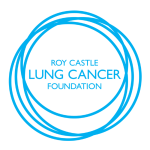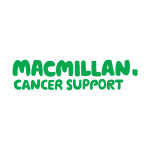
Roy Castle Lung Cancer Foundation
Telephone: (0333) 323 7200

Lung cancer is a cancer that appears in the lung. It is one of the most common cancers in Scotland.
While having one or more of these doesn’t mean you have lung cancer, a quicker diagnosis can mean less worry. If cancer is confirmed, more treatment options are available if it’s found early.
Contact your GP practice as soon as possible, if you have any of the following symptoms, especially if they last 3 or more weeks and you are or have been a smoker:

expands the full quotation and moves focus to the start of the 2nd paragraph, so you can continue to read the full quoteWe’ve made huge strides in treating lung cancer in recent years and early diagnosis is key. The sooner we find it, the more options we have to help people live well and for longer. If you’re worried about yourself, or someone close to you, don’t wait. We’re here to support you every step of the way – lung cancer isn’t what it used to be.
Some people put off contacting their GP practice because they think they’ll be wasting their time but they want to hear from you if you’re worried about any possible symptoms.
Here’s what to expect when you contact your GP practice:

I was aware I was coughing, but it became noticeable to those around me. I put it down to the smog in China at that time, and the fact I was a smoker. I did have other symptoms which I now know were warning signs. I was waking up in the middle of the night with terrible sweats, and by the time I came back home, I was feeling pretty horrible. Looking back, I think I knew there was something more going on, your body just tells you.

Telephone: (0333) 323 7200

Telephone: (0808) 800 0000